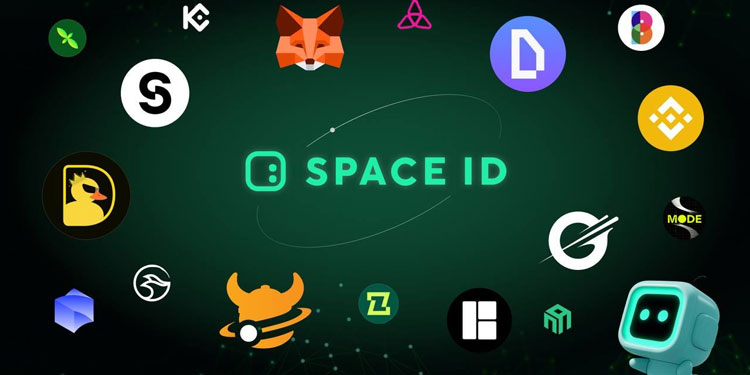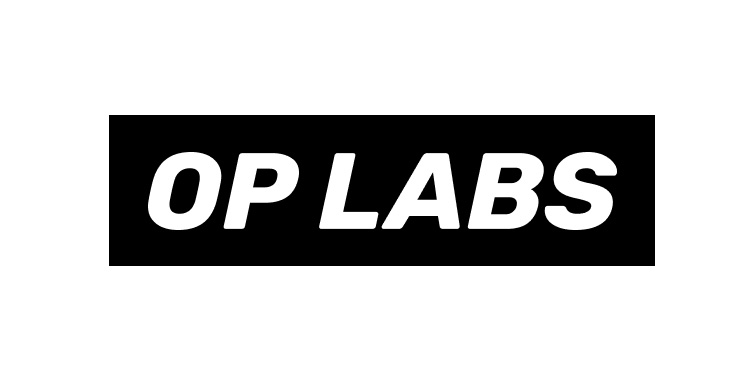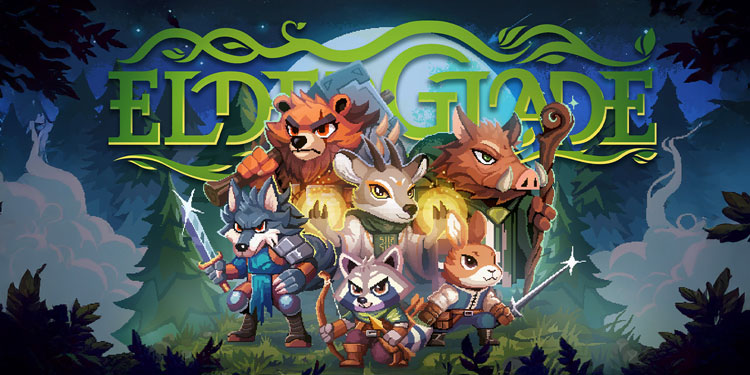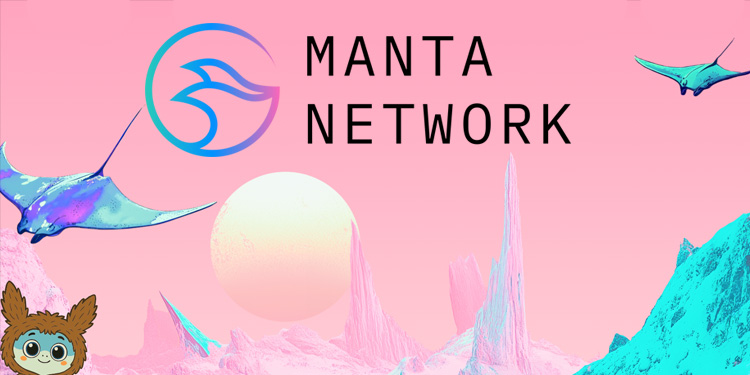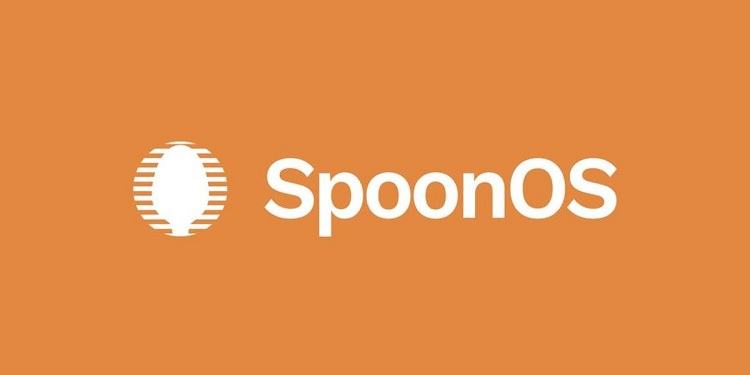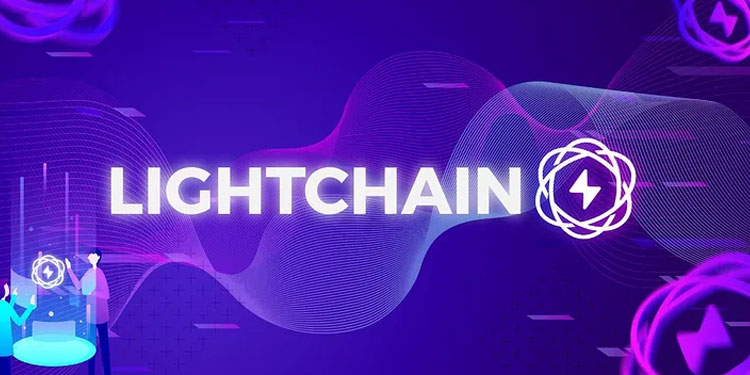A growing number of traditional companies, including major financial institutions and luxury brands, are actively developing blockchain-based products on Ethereum and its layer two (L2) networks. According to a report from Galaxy Digital, more than 50 non-crypto firms, including Deutsche Bank, PayPal, Louis Vuitton, and Adidas, are focusing on applications such as real-world asset (RWA) tokenization, NFTs, and Web3 gaming. These developments highlight an increasing corporate shift toward blockchain adoption beyond speculative trading and exchanges.
Ethereum Leads in RWA Tokenization and Stablecoin Growth
Ethereum has emerged as a dominant player in RWA tokenization, reportedly hosting assets valued at nearly ten times more than those on rival blockchain Stellar. Among the 20 financial institutions engaged in developing crypto-related infrastructure, 13 are involved in RWA issuance. Notable initiatives include BlackRock’s Ethereum-based fund, BUIDL. Additionally, stablecoins on Ethereum have witnessed substantial growth, with PayPal’s PYUSD and Robinhood’s USDG contributing to a 70% supply increase in 2024. The blockchain now accounts for over half of the $400 billion stablecoin market.
Investment in Scalable Infrastructure Signals Institutional Interest
Corporate investment in scalable blockchain solutions has become a key trend. Deutsche Bank is collaborating with ZKSync to develop an Ethereum L2 network tailored for compliance-focused financial solutions. Sony, through its Soneium rollup, is targeting gaming and entertainment sectors. These initiatives reinforce Ethereum’s role as a foundation for enterprise-grade blockchain applications. However, discussions regarding centralized control persist, particularly concerning Sony’s oversight of activities within its Soneium ecosystem.
NFTs and Web3 Gaming See Significant Corporate Engagement
Gaming and NFTs remain pivotal in blockchain adoption. Companies such as Atari and Lamborghini have launched platforms utilizing Ethereum L2 networks. Atari has integrated its classic games with Coinbase’s Base network, enabling NFT-based rewards, while Lamborghini’s Fastforworld allows users to own and utilize digital cars across multiple games. South Korea’s Lotte Group has also partnered with Arbitrum to develop the “Caliverse” metaverse, emphasizing the network’s high-speed block finality as essential for seamless gameplay experiences.
Regulatory and Institutional Support Fuel Expansion
Ethereum’s L2-centric roadmap is increasingly appealing to institutions seeking scalable and secure on-chain solutions. Regulatory developments, including the SEC’s heightened focus on tokenization, further support this trajectory. Meanwhile, corporate acquisitions such as Stripe’s $1 billion purchase of stablecoin platform Bridge suggest growing mainstream interest in blockchain finance.
Ethereum’s Position in the Future of Blockchain Finance
Galaxy Digital’s report underscores Ethereum’s status as the preferred blockchain for financial services within the crypto sector. With a strong track record of decentralization, extensive reach among crypto-native users, and proven network reliability, Ethereum continues to serve as the primary gateway for institutions looking to develop and launch finance-focused blockchain solutions. The report projects further expansion in RWAs and stablecoins throughout 2025, reinforcing Ethereum’s leadership in blockchain-based financial innovation.



